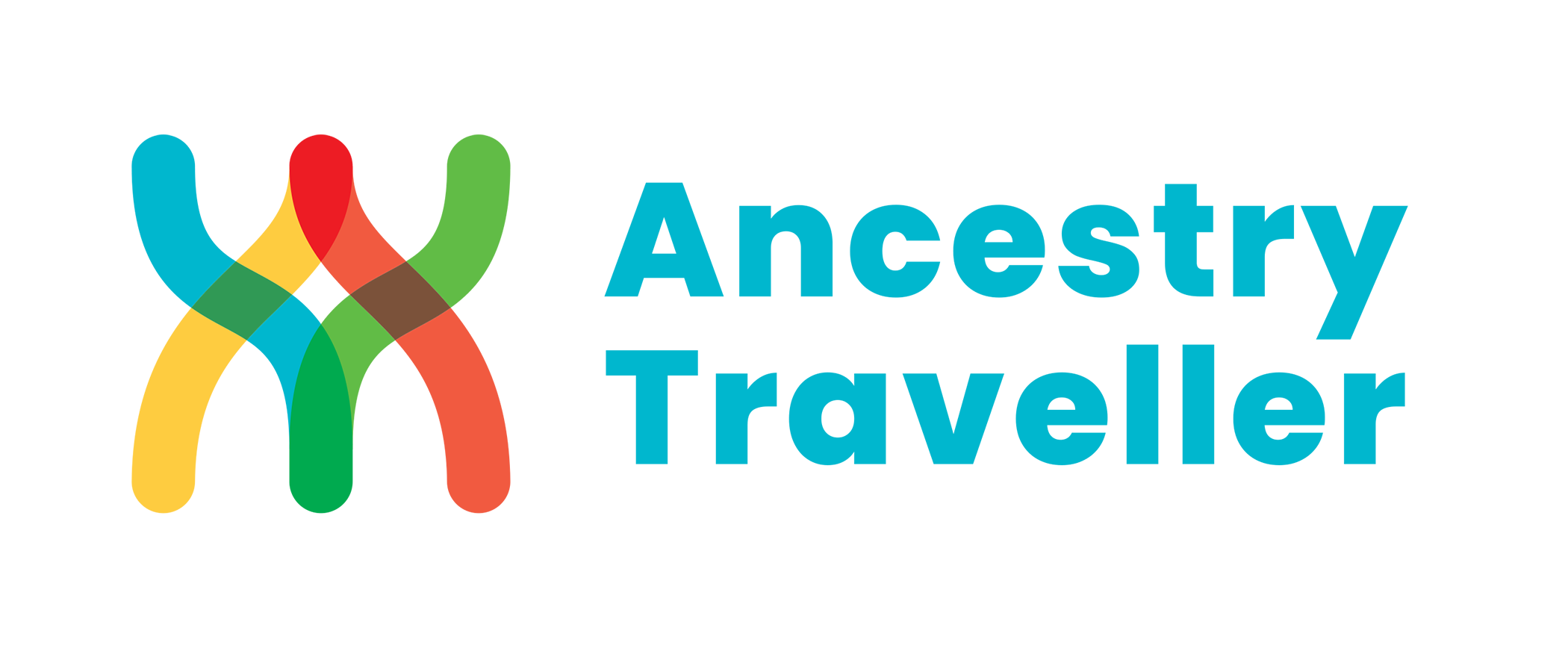Core Team
Ancestry Traveller Website core team
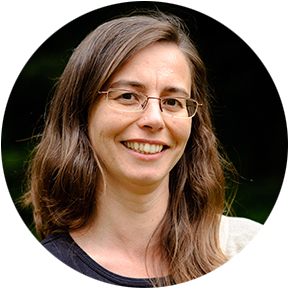
Luisa Pereira
i3S; Ipatimup, Porto, Portugal
Luísa Pereira has a degree in Biology and a PhD in Human Population Genetics. She is a senior researcher and group leader at i3S (Institute of Research and Innovation in Health, University of Porto), being interested in using genetics to infer the past and evolution of human populations and to evaluate the susceptibility of human populations to complex diseases. She is the co-author of more than a hundred peer-reviewed papers in international journals and a book on popular science. She has been engaged in presenting her work to the general public, including young students in high schools, and regularly collaborates with local media.

Verónica Fernandes
i3S; Ipatimup, Porto, Portugal
Verónica Fernandes is a Post Doc researcher at the Genetic Diversity group of i3S – Institute for Research and Innovation in Health of the University of Porto, Portugal. She obtained a degree in Biochemistry, but since early, she specialized in Human Population Genetics. During her PhD, obtained at the University of Leeds, UK, she began developing computer programming skills and she is currently focused on processing and analysing large amounts of genomics data (genomics, transcriptomics, metabolomics) in order to infer the past and evolution of human populations, as well as identify candidate genes/variants that confer susceptibility to disease.
Verónica loves travelling, playing sports, and talking about the history of our population. She often participates in actions to promote and disseminate science. More recently, she has been one of the promoters of the course “Genetic Odyssey”; a course targeted to a broad public that aims to discover the origin of our ancestors.

Joana B. Pereira
i3S; Ipatimup, Porto, Portugal
Joana B. Pereira is a researcher at i3S – Institute for Health Research and Innovation at the University of Porto. She has a PhD in human genetic diversity and uses her knowledge to determine the influence of population genetics on susceptibility to complex diseases. Joana holds a Junior Research Position obtained under the highly competitive FCT CEEC program. Her goal is to study the impact of migrations and dietary adaptations of genetics and the gut microbiome in order to better understand the influence of environmental factors on population susceptibility to disease. In addition to scientific production, she enjoys communicating her research to engage the public and younger audiences with science and is a member of the i3S ‘Science Ambassadors’ program.

Júlio Borlido Santos
i3S, Porto, Portugal
Júlio Borlido Santos is a Biologist that worked in the field of plant Biology; MSc in Molecular and Cell Biology; and is currently doing a doctoral programme in Communication Sciences. He has worked as a Life Sciences researcher, schoolteacher, and demonstrator at the University of Porto. From 2003-2014 he was Head of the IBMC.INEB Office for Science Communication (OSC), and in 2015 became one of the coordinators of the i3S Communication Unit. Both units work as a bridge between researchers and society, promoting the Institution in different events/places in order to reach a wide range of audiences. He teaches and promotes advanced training for scientists on “Science, Ethics and Society” and organizes several continuous training activities for high school teachers; he is/has been a member of several national and international science in society projects, namely the “Evaluating the state of public knowledge on health and health information in Portugal” and of a Portuguese Science Shop project “Engaging Society: Life Sciences, Social Sciences and Publics”, both FCT funded. Has been a member of the EU project NERRI, the EU PARRISE project, and is a third party in the national hub of the EU-funded RRI TOOLS project. He is a member of the General Council of the Carolina Michaelis School group; a member of the Communication Council of UPorto; a former member of the boards of Viver a Ciência, and Scicom.pt network.
Collaborators
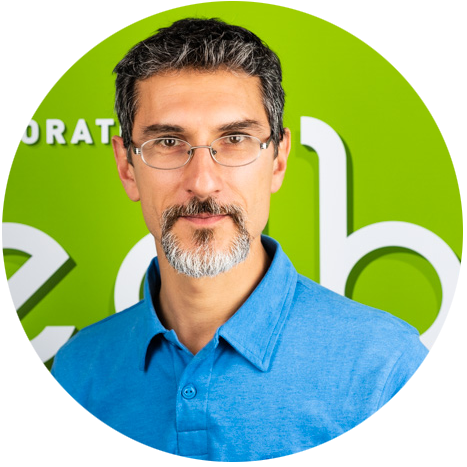
François-Xavier Ricaut
University of Toulouse, France
Francois-Xavier Ricaut is a biological anthropologist and researcher at The National Centre for Scientific Research (CNRS) in the Department of Evolution and Biological Diversity at the University of Toulouse III (France). For twenty years, Francois-Xavier’s research has investigated the modalities of human settlement and adaptation (migration, admixture, culture/gene interactions) in different regions worldwide. Much of his work over the last 15 years has taken place in the Indo-Pacific region, the Indonesian archipelago, and Papua New Guinea, where he has conducted numerous archaeological and biological sampling fieldwork. His background in ancient DNA and archaeology led him to apply a holistic approach to his research resulting in a broad range of publications (>60 peer-reviewed articles) in the field of ancient DNA, archaeology, biological anthropology, and human genetics, and his participation in 13 international research projects. Francois-Xavier is fascinated by the similarities and differences among the populations he has visited and studied. Populations have unique cultural and/or biological features and adaptations, related to their own trajectories, but still share a common history.

Mireille Sam
Student at FMUP – the Faculty of Medicine of the University of Porto
Mireille Sam is a fifth-year medical student at FMUP – the Faculty of Medicine of the University of Porto. Originally from Timor-Leste, she moved to Portugal to pursue her degree in Medicine. Mireille’s fascination with the cultural and social history of different populations has sparked her interest in the study of Human Genetic Diversity, making her one of the participants and contributors to the Magellan Project.
Mireille loves to travel and explore new cultures in her free time, especially through food. She is also passionate about videography and aspires to become a travel content creator.
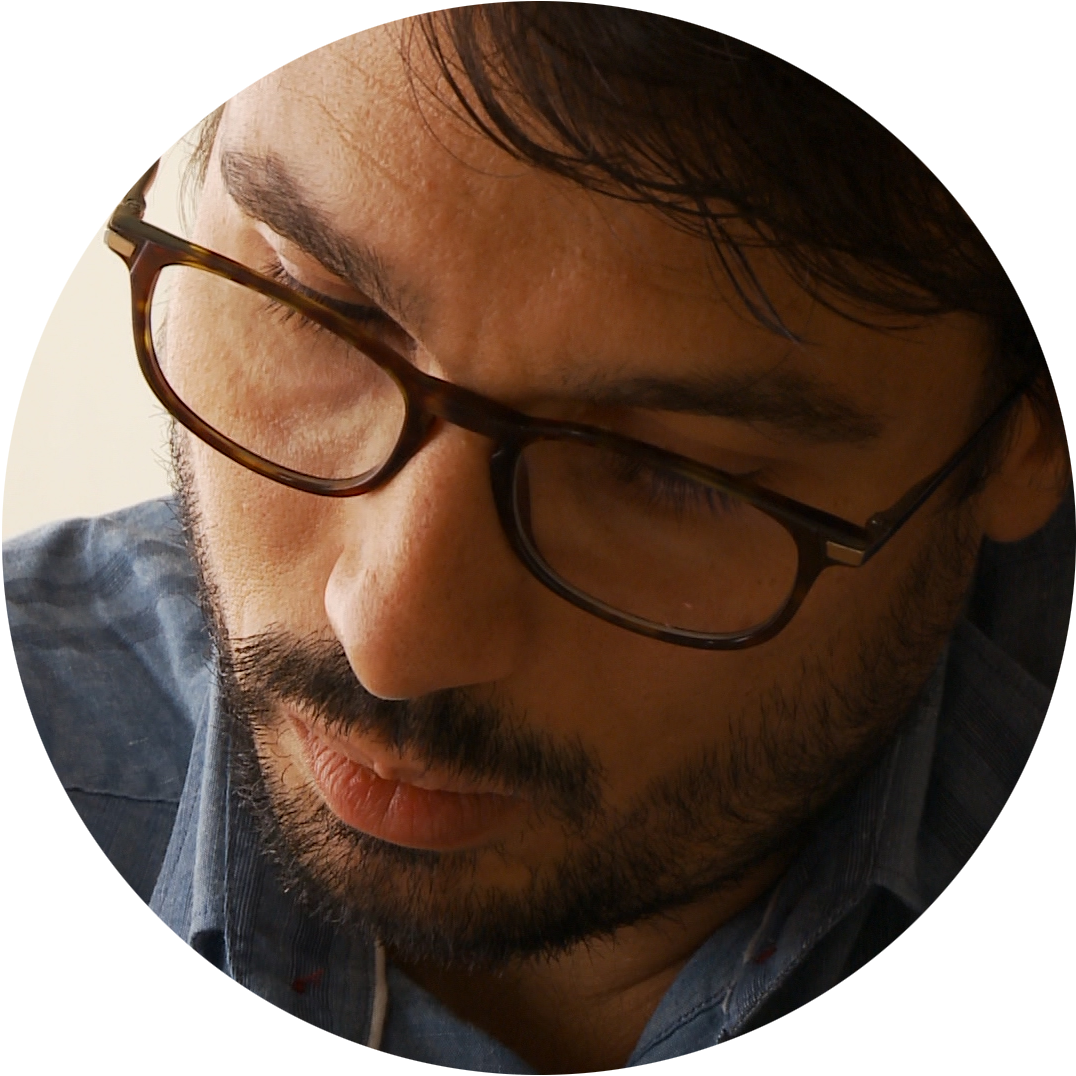
Ricardo Gomes Moreira
Institute of Social Sciences, University of Lisbon (ICS-ULisboa)
Ricardo Moreira is a PhD candidate, anthropologist and science & technology studies researcher at the Institute of Social Sciences of the University of Lisbon. He graduated in Anthropology from the University of Coimbra and holds a MA in Social and Cultural Anthropology from the University of Lisbon (ICS-ULisboa, 2014). As an anthropologist, Ricardo has been inspired by his professors and colleagues to look out for some understanding of how certain distinctive aspects of humanity are the basis on which the great diversity of cultural forms and different ways of existence gain the possibility of becoming. Trying to cross research programmes in anthropology with science studies and ethnographic methods, Ricardo has been, since 2010, taking part in different research projects, of which the most recent was the ERC funded The Colour of Labour, based at the ICS-ULisboa and coordinated by Cristiana Bastos. In 2020, the article “As radiações e a formação de uma ecologia institucional da medicina do cancro em Portugal (1912-1948)” was recognized by the Análise Social Prize jury as one of the best works published in that year by a young scholar. Currently, he is part of the FCT funded joint project between IPATIMUP, ICS and IBMC entitled Human Diversity along the Magalhães circum-navegation space: genetics, history and culture.
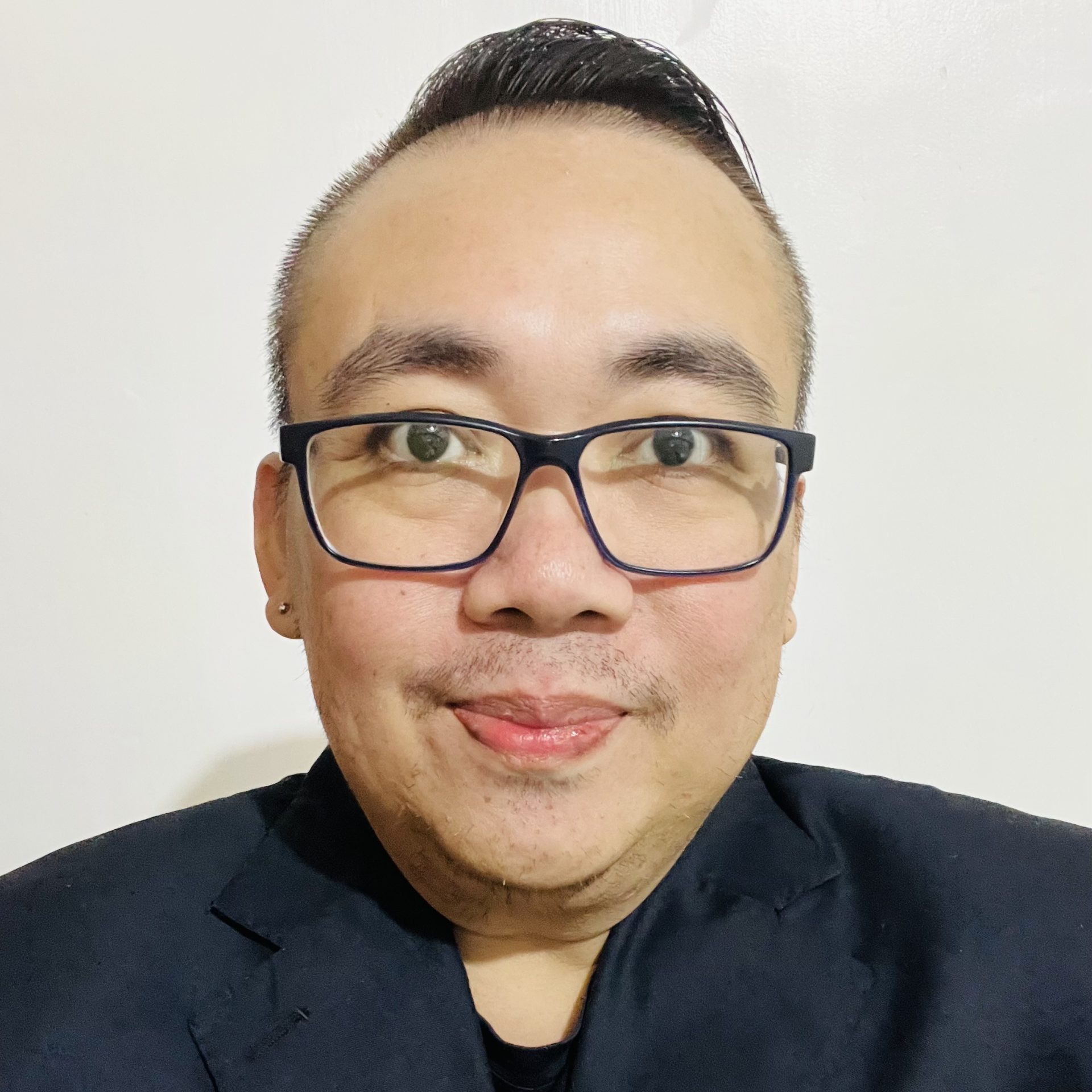
Todd Lucero Sales
Genealogist
Todd Lucero Sales is a professional genealogist based in the Philippines. He started with family history research in 1994 and his expertise is in Filipino, Spanish-Filipino, and Spanish genealogies, and now also honing his skills in Jewish genealogy with his work with Operation Benjamin. He has a BA in Political Science, a Certification in Genealogy, and is currently finishing his master’s degree in history.
Aside from family histories, he is a dedicated local historian and has worked in the development sector where he was involved in data management and capturing the success stories of community-driven development. He currently writes a column, History Matters, for The Freeman.
Drawing Group
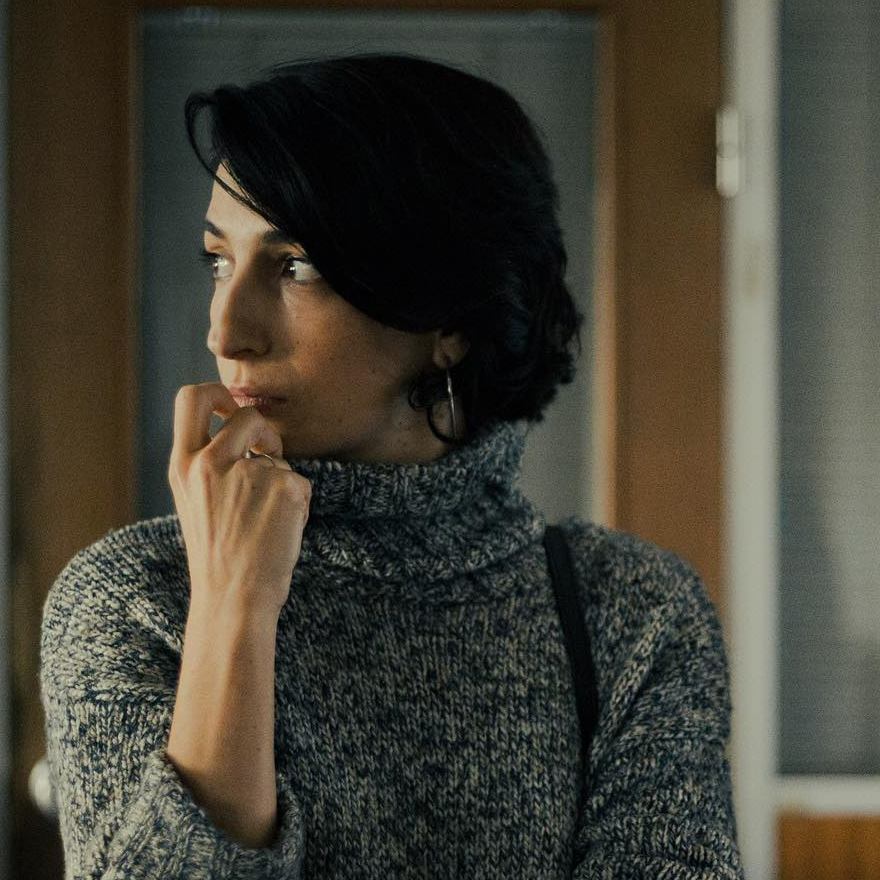
Inês Moura
artist
1984, Coimbra, Portugal
Inês Moura develops her artistic work mainly in the areas of photography, drawing and installation. Coimbra, Lisbon and São Paulo are cities to which she is deeply connected and which are part of her fragmented, tattooed identity, gained as a traveler. Images, words, the space as a matter, often appear in her works as a form of expression of a deep connection to Nature, to the places she inhabits, to an archeology of memory and time. She has a degree in Painting-Fine Arts (FBAUL -2009) and a Master in Arts and Artistic Procedures (IA-UNESP – 2013). After almost 12 years living abroad in São Paulo, Brazil, where she also developed her career in art education, having spent 8 years teaching arts, design and creative thinking, essentially through project-based learning, she returned to Portugal in November 2020, where she is currently almost exclusively dedicated to her art studio. Between 2009 – 2011, she was part of the editorial and production team of the 4th number of MARTE magazine. A research space around contemporary artistic creation, that belongs to FBAUL. MARTE 4 “From Artistic Creation to Space Intervention”, had Sara Antónia Matos as its editorial coordinator. Since 2009, the year in which she received the BES Revelation award and her work was presented at the Serralves Foundation, Inês has participated in national and international exhibitions. Her work is present in private collections (AA CONTEMPORARY ART COLLECTION; Colecção Aj; Coleção Nuno Maia) and public collections (CAPC – Círculo de Artes Plásticas de Coimbra).

Michael Croft
artist, i2ADS, Research Institute in Art, Design and Society, Porto University
Michael Croft, British/Irish, born 1955. Resident in Portugal, collaborative researcher with i2ADS, Research Institute in Art, Design and Society, Fine Art Faculty, Porto University. Trained as a painter in London at Camberwell School of Art and graduated from Royal College of Art in 1985. Current research project is titled: ‘The Observation of Perception, considered through Drawing’. Abiding artistic interest involves working with drawing in the context of time, and in how to structure the working process in forms that place oneself as subject within whatever is being observed. Mix visual-experiential and conceptual-linguistic modes of enquiry. Artistic research involves painting, drawing, reflective/academic and hybrid fictional writing, with occasional use of video and voice recording.

Karolina Żyniewicz
artist, researcher, educator, PhD in cultural sciences
Karolina Żyniewicz is a Berlin-based artist (2009 graduated from the Academy of Fine Arts in Łódź, Department of Visual Arts) and researcher, PhD in cultural sciences (the title achieved in the Nature-Culture International Transdisciplinary PhD Program at Artes Liberales Faculty, University of Warsaw). She calls herself a liminal being because her work is “in-between” art, biotechnology, humanities, and anthropology. Żyniewicz sees her liminal activity as situated knowledge production and a form of autoethnography. Her projects have conceptual and critical character. She puts her observations, as an artist/researcher (liminal being), in the context of Science and Technology Studies (STS) and feminist humanities. Żyniewicz collaborated with two most prominent art institutions in Warsaw, the Museum of Modern Art and the National Gallery Zachęta, where she works co-creating educational programs, including events with accessibility for the visually impaired and deaf audiences. She uses the achieved pedagogical skills in her independent practice. She lives and works in Berlin.
Website: http://www.karolinazyniewicz.eu/

Paulo Nunes
artist
Paulo Nunes is a visual artist from Porto, focusing on painting and drawing. He trained in several ateliers and academies in Portugal and Spain, such as Atelier Madrid and Barcelona Academy of Art. Recently, he has been working intensively on the subject of Artificial Intelligence and the Internet’s pictorial landscapes, as well as issues in the field of science. His work usually has a surrealist nature, delimiting imaginary worlds that somehow connect with current themes.

Pete Thomas
designer, researcher and artist
Pete Thomas is the programme leader for Graphic Design and Illustration at Liverpool School of Art and Design, part of Liverpool John Moores University. A designer, researcher and artist, his work is characterised by insight, clarity, and simplicity. He has exhibited and presented his work in institutions around the world including The Barbican, The Design Museum, The Scottish National Gallery of Modern Art, SXSW, La Triennale di Milano, Ventura Lambrate and The Victoria and Albert Museum. Prior to his current role he co-founded the design consultancy Uniform and the creative studio Tom Pigeon. He has taught in arts institutions across the UK and has served on the board of Craft Scotland and Creative Dundee. His recent projects have invited people to share their thoughts, feelings and hopes for the future. He believes passionately in the value of creativity as an agent for positive change.
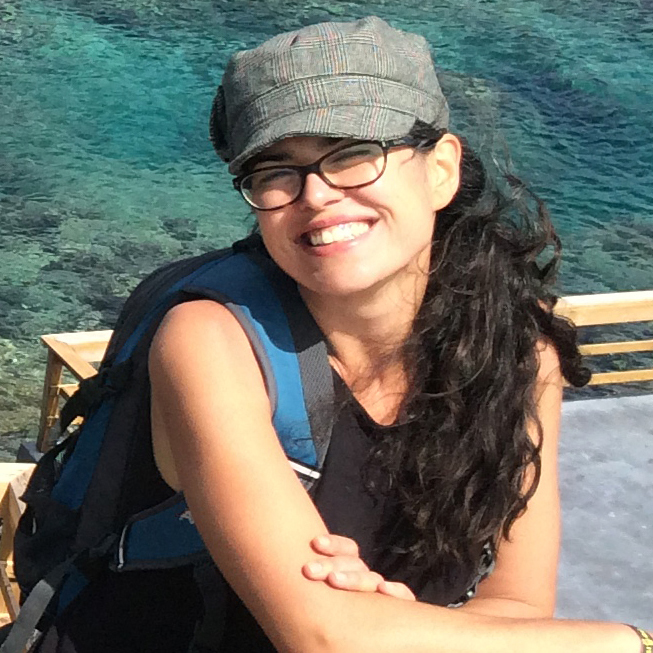
Luísa Passos
artist
Luísa Passos graduated in Visual Arts (2004) from the Superior School of Art and Design of Caldas da Rainha and has exhibited regularly since 2004.
Since 2019, he has collaborated with the project “Germinar um Banco de Sementes”, distinguished as the most inspiring project in the Education for Climate Days 2022 program, where she developed illustrations for the project promotion and website, as well as several illustration workshops.
From her most recent exhibitions, the highlight is “Esta noite, e Grupo do Risco – Desenhos em Cadernos e Fotografias – 2007-2019”, still on display at Museu Nacional de História Natural e da Ciência. She also highlights her participation, at the invitation of Museu Nacional de Arte Contemporânea, in the project “Depoimentos de Artistas”, a video testimonial about her creative process.
She has been a member of Grupo do Risco since 2015, a collective of illustrators and photographers whose ultimate goal is to promote our natural heritage, and promote environmental education through photography, field drawing, and scientific illustration.

Márcio Carvalho
artist
Márcio Carvalho’s projects are primarily concerned with collective practices of remembering and how these influence individual and group memory of the past. His complex family history is a reason for him to want to understand how today’s social economy of memory works. He is concerned with how to create a different culture of memory that uses alternative histories and forms of remembering to fight against injustices and violence that result from authoritarian forms of power, inequality, and racism. He uses art in collaboration with diverse peoples, communities, and groups to surface non-Western perspectives and technologies of knowledge to expand what constitutes contemporary notions of collective memory.
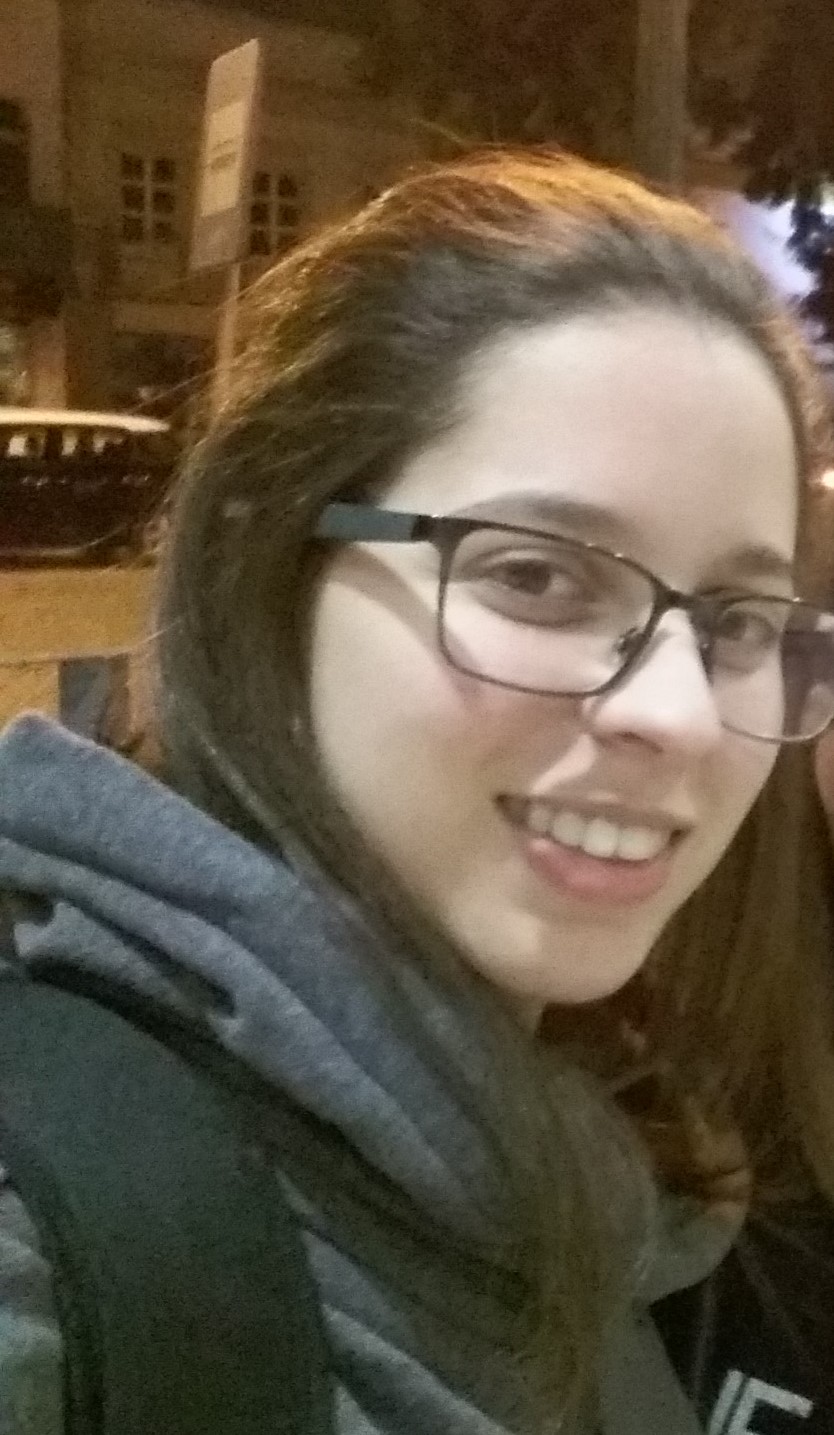
Maria João Castro
Research Fellow at i3S
Maria João De-Castro is currently a Research Fellow in Dr. Carla Abreu’s lab at i3S, Porto. To date, Maria has authored a total of 4 publications in peer-reviewed journals, including one in the highly prestigious Journal of Cell Biology (DOI: 10.1083/jcb.202010178). Maria was also selected to give oral presentations at 3 national/international meetings, receiving the “best oral communication” award for 2 of them.
Maria graduated in Biotechnology at the University of Algarve in 2020 with a 3-month summer studentship and a 4-month research project experience. She volunteered as a researcher in Dr. Tiago Dantas’ lab at i3S for 26 months before starting her Master’s Program in Medical and Molecular Oncology at the University of Porto. She completed her Master’s thesis project in Dr. Carla Abreu’s lab with the highest distinction (20/20) and received a Scientific Initiation Fellowship funded by FCT.
Alongside her research activities, Maria has extensive experience in scientific illustration (https://mariade-castro.my.canva.site/), with 6 illustrations selected for publication in national and international journals, including the cover of the issue of her manuscript published in the Journal of Cell Biology. One of her illustrations also ranked first place in the European Journal of Neuroscience Contest run in 2022. In addition, she has been actively participating in and organizing several scientific events and meetings, including two Pint of Science Festivals and two exhibitions that involve outreach activities for the general public.
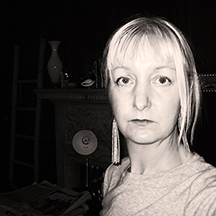
Kathleen Rogers
artist, researcher, educator, PhD in cultural sciences
Kathleen Rogers is a London-based artist working with digital, lens-based media and installation. Her practice-based interdisciplinary research operates at intersections of the arts, technology, and science with a focus on the social and cultural impact of science within post-human/social anthropological discourse. Reflecting on concepts of the Anthropocene, her work seeks to demonstrate ways in which the visual arts can shift and challenge meaning in scientific cultural contexts to expand the cultural, ethical and social dimensions and impact of art and science on questions of human identity. Her interest in molecular science developed from her research in the ’90s looking at the mythical status of the maize plant in pre-scientific cultures and making links between biotechnology, the environment and concepts of the gene in ancient and contemporary Mayan culture in Mexico. For more than two decades she has worked in the exponentially expanding fields of media art, gaining recognition as an artist and scholar in communities of practice ranging from performance, video art and virtual reality, telepresence, the sensory interfacing of the human body and bio-art. Her projects have been exhibited internationally, including representation in the Netherlands, Switzerland, Portugal, USA, Japan, Russia and Lithuania, Albania and are held in international public collections in the UK and Russia. Kathleen Rogers’ current work is a commingling autobiographical artistic practice, trans-human new materialist theory and philosophy. Most recently a body of work entitled, Writing in the Body – the Dark Matter of the Genome, explores memory, critical auto-theory and studies in intergenerational epigenetic phenomena. Her artistic projects respond to the conceptual challenges of interdisciplinary translation practices within contemporary art. he has 30 years of academic experience in leadership management, course leader and programme director roles, co-establishing developing and working on interdisciplinary conceptually led programmes between VR, AR/XR, digital arts, photography, film and installation art. Kathleen was a Professor of Media Arts and Sciences at University for the Creative Arts from 2010 to 2022. She stepped back from that role in 2022 to focus on her art practice. She is a visiting lecturer at The Margate School, within the Art, Nature and Society European Fine Arts Masters Programme.

Sally Santiago
artist
Sally Santiago is a Brazilian artist and researcher living in Porto/Portugal. Using video, installation, and photography to elevate the movements of existence to a conscious surface, the artist presents reflections on the nature of life and art itself. By engaging in dialogues about the body and space – their relationship and inhabitation – their experiments traverse the realms of art and philosophy, intertwining to reveal immaterial reflections between human existence and its connection with the world around them. She is part of the Ph.D. program in Fine Arts at FBAUP and holds a master’s degree in contemporary artistic creation (UA/PT) and a bachelor’s degree in social communication (UAM/ BR). Since 2021 she has been part of the team of the cultural institutions Cultivamos Cultura and Ectopia Laboratório de Arte Experimental. Before that, in 2020, she collaborated with the Centre of Contemporary Art in Christchurch (NZ).
